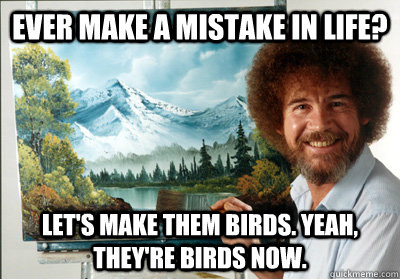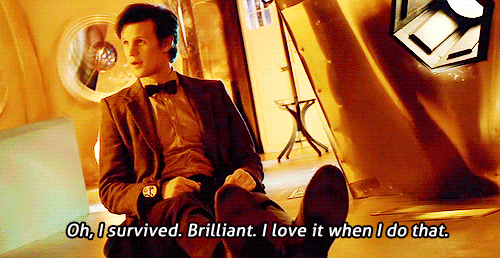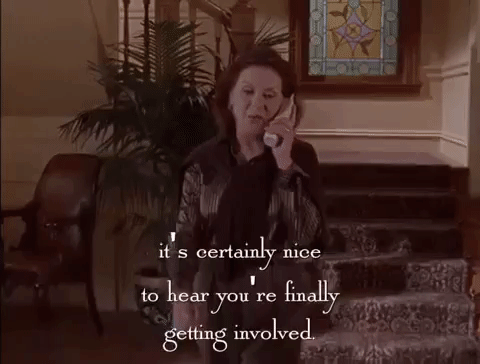There she is, that girl you always see getting coffee every morning. She is always so put together. She for sure has it together. Or that cute guy you really like, who everyone knows and is really involved at the university. Yup, he has it together. And what about your peer mentor? There is no way they don’t have it together. I mean how could they not? How does everyone have it together, and how can you get in on it? Well I can let you in on a little secret: most people do not have it together and are going through something you know nothing about.
I get it — you want to have it together — but what is “it”? Maybe you want to have it together on social media. Everyone else does. Every time I log onto Instagram, everyone is happy or just getting back from some super cool trip. Maybe you see everyone else has found their very best friends and you don’t have that yet. Or maybe you want to have it together when it comes to your major and career path. You still do not know what it is you want to do for the rest of your life, spring semester is creeping up on us, and you honestly do not know what to do. And I am here to say, that is perfectly okay. We are all on different paths and that is more than alright. There is not just one Ohio State experience, but multiple ways to have your very own experience.
No one knows this better than me.
Ask anyone that knows me and you will find that I constantly feel like I do not have it together. I am a senior and I have no idea what next year is going to look like for me. I have some plans, but none that are official yet by any means. I also fall victim to comparing myself to others. And with social media being relevant in most of our lives, it is an easy thing to do. I see how others are doing, then have the nerve to deem myself successful or not successful just by looking at other people’s post. How could I possibly measure my success off of that? I do not know what others are truly going through. We only see what other people let us see. And like I said, we all have different paths. This is my life to live and I am going to live it the only way I know how.
So maybe I am saying a whole bunch of nothing. Maybe you still do not feel like you have it together. So hopefully this can help: make plans but know plans vary like the wind. You want to have some structure in your life, but do not get too caught up in the details. Make goals and actually follow them. You can write goals down, place them where you will see them, remind yourself of them, but try to have something to work towards. Do not be afraid to try new things and get out of your comfort zone. Find yourself in the process. And lastly, do not forget the little everyday success. Sometimes getting out of bed and going to that 8 am is having it together.
Things might not be going your way now, but trust with effort and hard work it will. And it may not go the way you thought it would, but life will work itself out. But for now, let’s just take one day at a time.
 I said, “Uh…I don’t play any sports here.” and she said, “Oh…so you go to school here?” And I said, “Yes I do,” and she said, “Ok, so you like live here?” and once again I had to say, “Yes I do”. What could be a bigger buzzkill than to have tokenization and microagressions I was used to in high school become the same treatment I received on my first full day of college? Unfortunately, I’ve experienced microaggressions from several other people I met during the time I was here, even from my own roommate.
I said, “Uh…I don’t play any sports here.” and she said, “Oh…so you go to school here?” And I said, “Yes I do,” and she said, “Ok, so you like live here?” and once again I had to say, “Yes I do”. What could be a bigger buzzkill than to have tokenization and microagressions I was used to in high school become the same treatment I received on my first full day of college? Unfortunately, I’ve experienced microaggressions from several other people I met during the time I was here, even from my own roommate.















